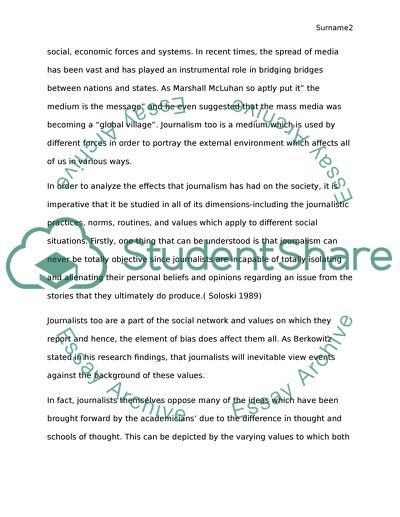Cite this document
(What Do Academic Studies of News Production Tell about the Way Term Paper, n.d.)
What Do Academic Studies of News Production Tell about the Way Term Paper. Retrieved from https://studentshare.org/journalism-communication/1516430-media-and-society-master-essay
What Do Academic Studies of News Production Tell about the Way Term Paper. Retrieved from https://studentshare.org/journalism-communication/1516430-media-and-society-master-essay
(What Do Academic Studies of News Production Tell about the Way Term Paper)
What Do Academic Studies of News Production Tell about the Way Term Paper. https://studentshare.org/journalism-communication/1516430-media-and-society-master-essay.
What Do Academic Studies of News Production Tell about the Way Term Paper. https://studentshare.org/journalism-communication/1516430-media-and-society-master-essay.
“What Do Academic Studies of News Production Tell about the Way Term Paper”, n.d. https://studentshare.org/journalism-communication/1516430-media-and-society-master-essay.


